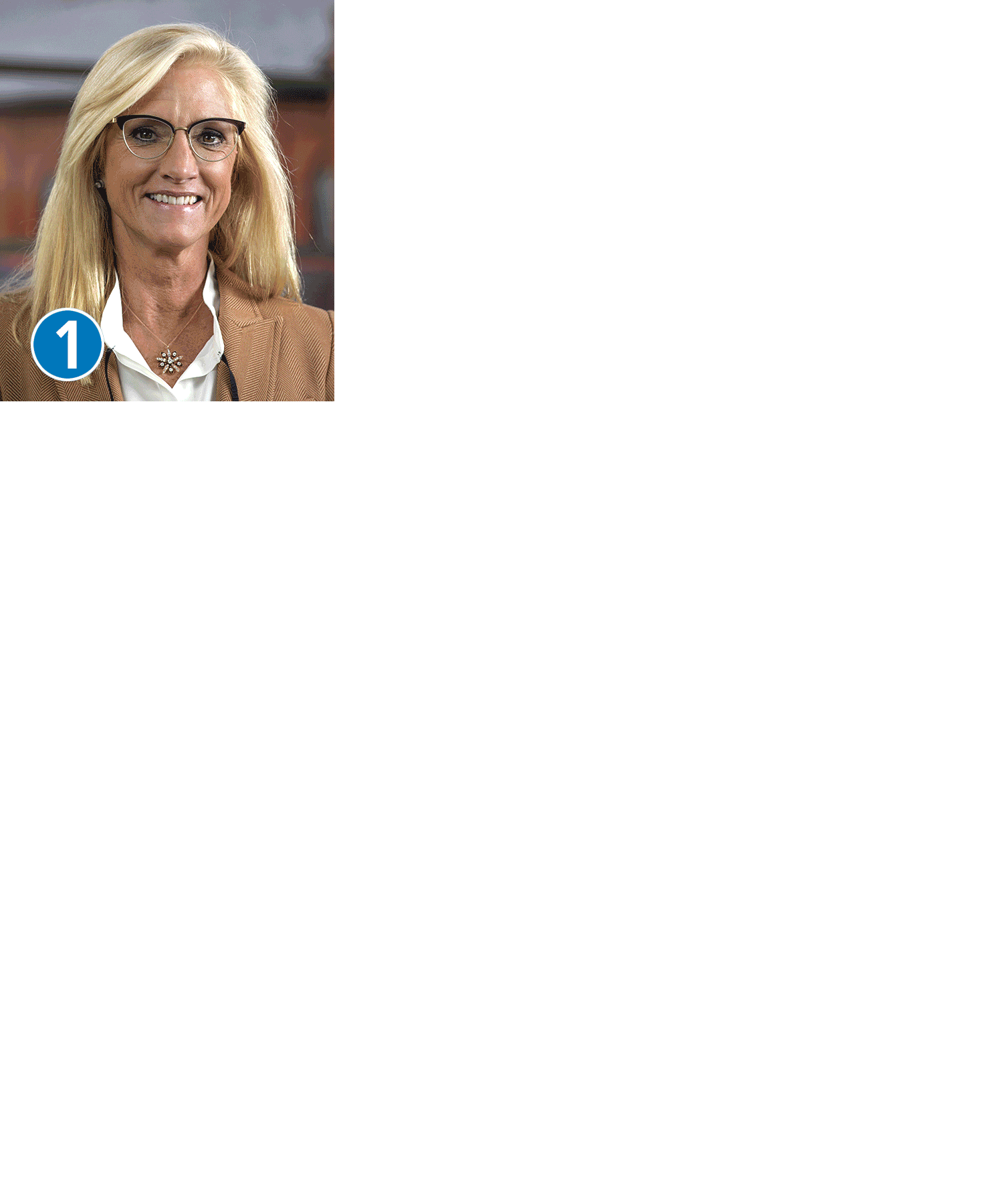
Women in Packaging
Prior to 1980, only 5% of packaging industry roles were held by women. Today, that number has jumped to an estimated 30-40%, but we still have work to do. In an effort to continue to close the gender gap, Packaging Strategies spoke with a group of women in leadership roles to share their stories and discuss how we can make the industry more appealing to young women.
By Kristin Joker

- Amy Ericson, Sr. VP Packaging Coatings, Specialty Coatings and Materials, Sustainability, PPG
- Bronwyn Gillon, Application Development Scientist, NOVA Chemical
- Heather Chandler, President, Sealstrip Corporation
- Lisa Preutt, President, Packaging Solutions, Forms and Labels, Retail, R.R. Donnelley & Sons Company
- Erica Canavesi, Packaging and Application Development Specialist, NOVA Chemical
- Michelle Sauder, Marketing Director, Food and Speciality, Dow
- JoAnn Forman, Director of Product Development, Sealstrip Corporation
- Jennifer Raphael, CEO North America, Innovative Beauty Group (IBG)
- Allison Lin, Global VP of Packaging Sustainability, Mars, Inc.
Photos courtesy of their respective companies.
From scientists who are developing eco-friendly resins to designers creating an impactful point-of-purchase display to sell product, there are a variety of career opportunities for women in the third-largest industry in the world. The global packaging market value will increase from $917 billion in 2019 to $1.05 trillion by 2024,* making it the third-largest industry in the world. Packaging also covers all four of the main sectors of the economy primary (natural resources), secondary (manufacturing), tertiary (CPGs and retailers) and quaternary (information technology, research and development). From scientist to designer, there is a vast amount of career opportunities for women in the third-largest industry in the world.